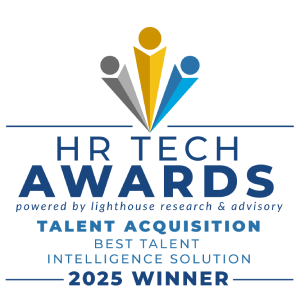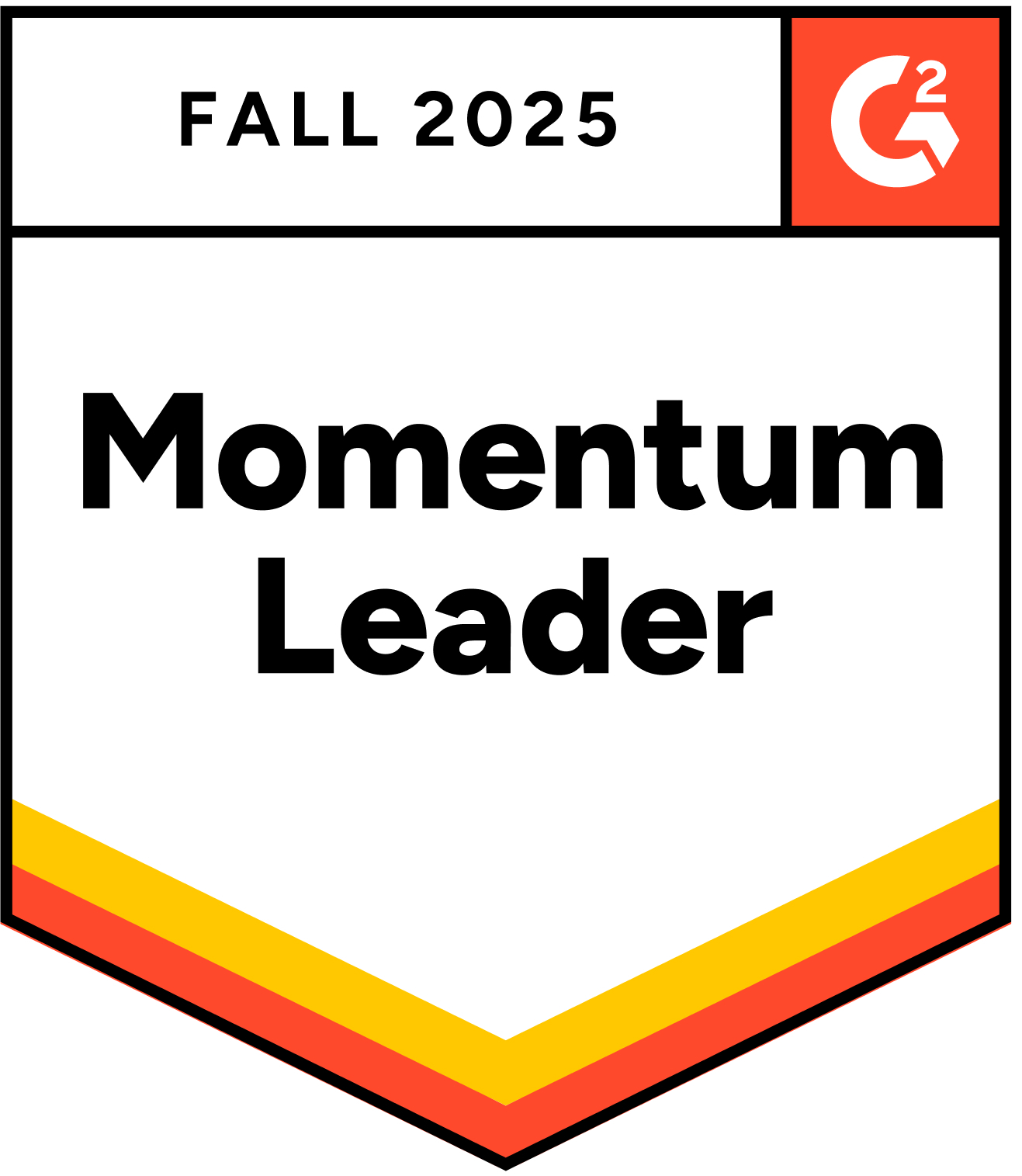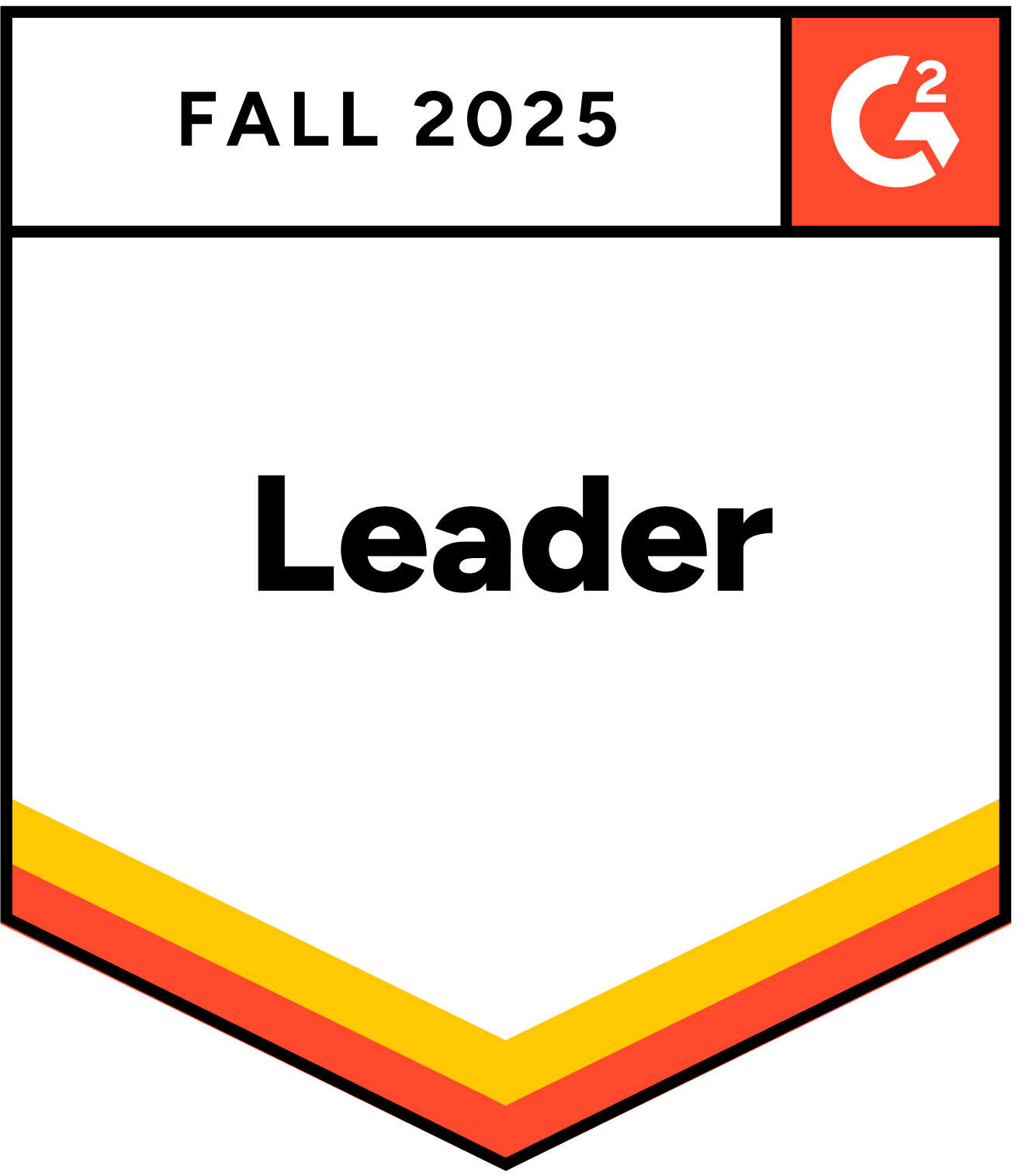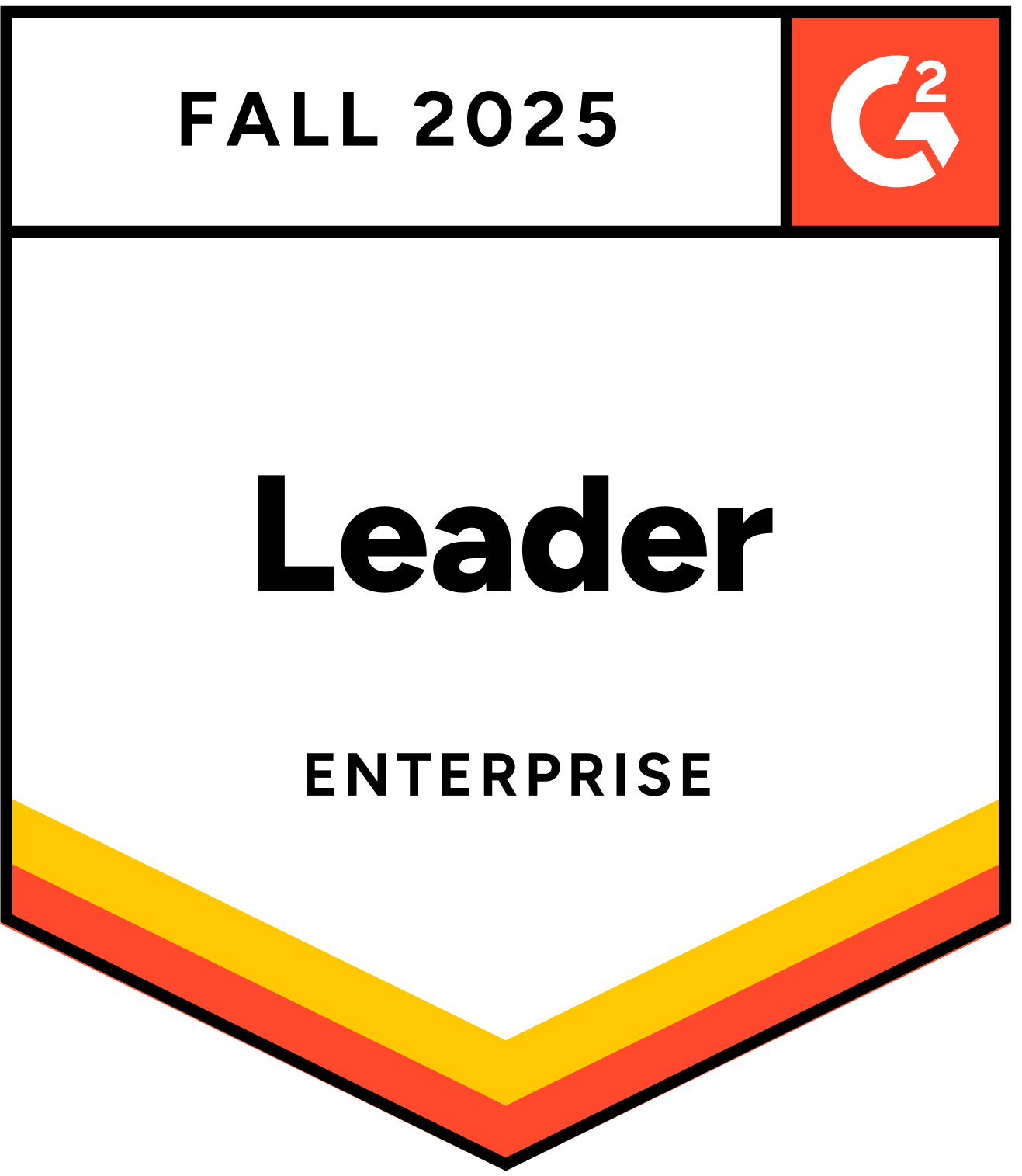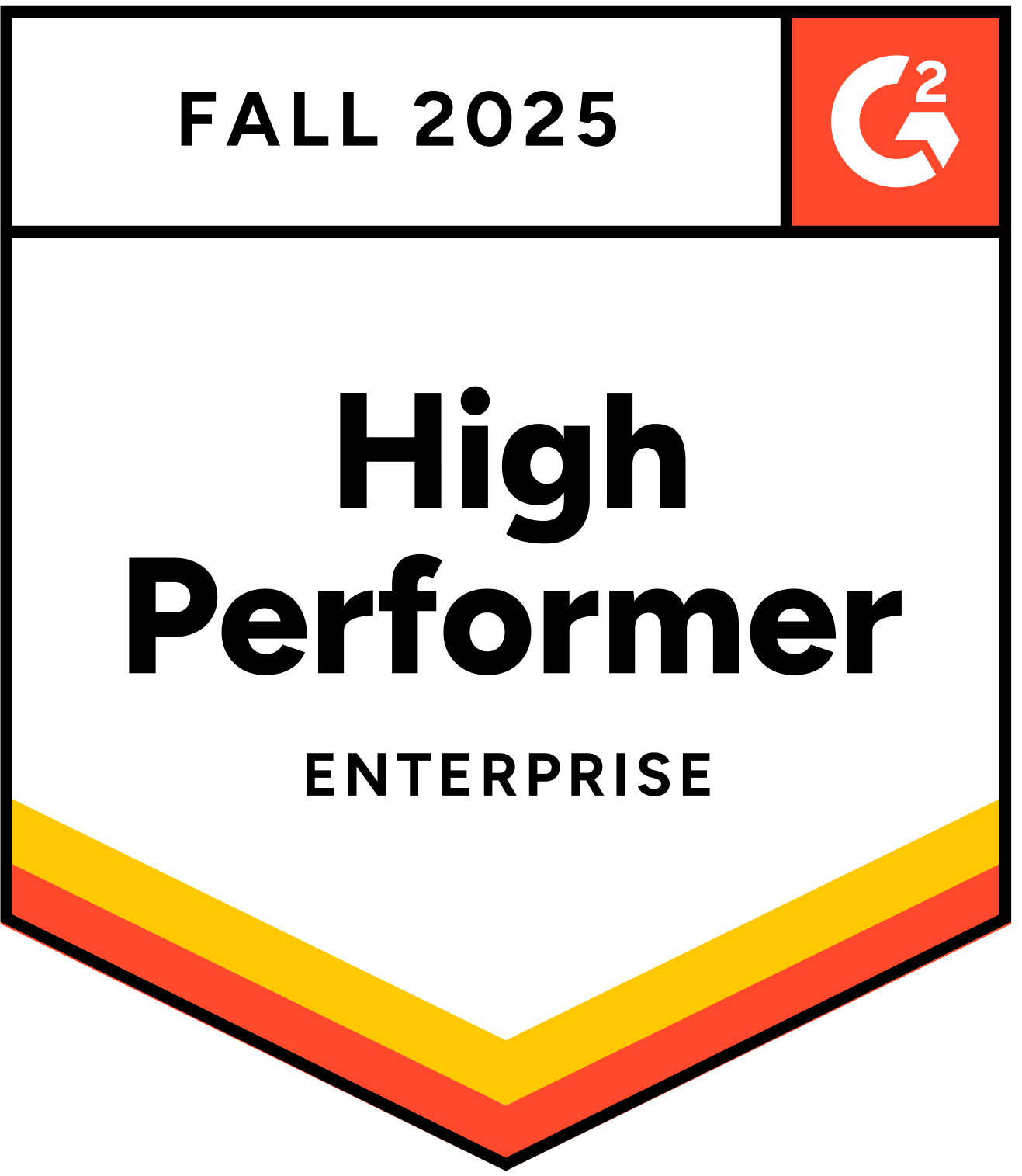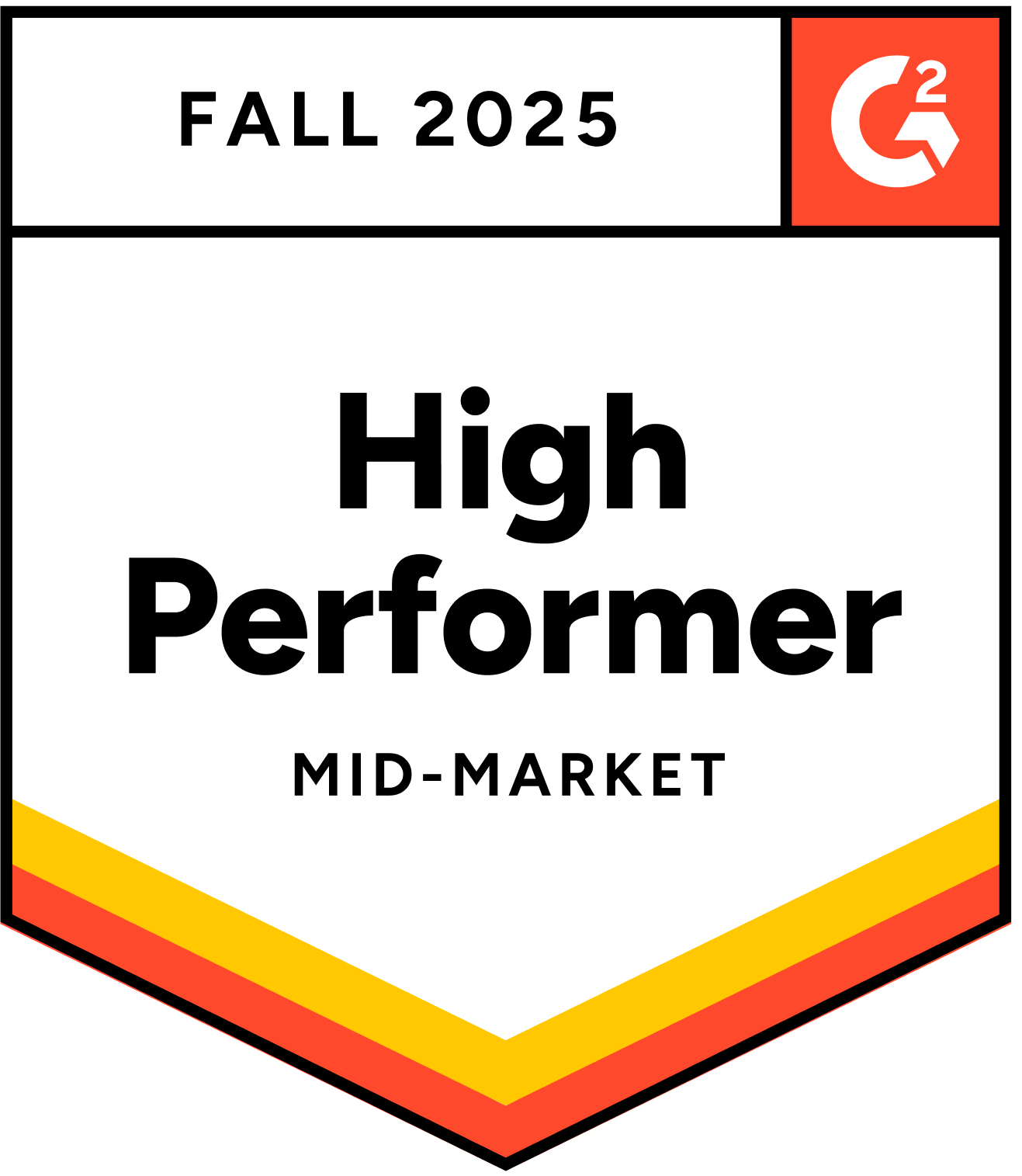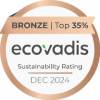The modern workforce has transformed, but what about our hiring strategies? They’re still stuck in the past, and it’s time for a change. If you’ve ever felt like your college degree was collecting dust while you taught yourself new skills to survive in today’s job market, well, you’re not alone, my friend.
A recent TED Talk touched on this very topic, highlighting how our hiring systems overlook talent, while candidates continuously need to adapt to jobs they’ve never done before.
Outdated Hiring Practices Are Holding Us Back
TED speaker Jason Shen, made a compelling point – only a quarter of college grads are working in a field that actually matches their degree. Only a quarter! How wild is that? Most people are learning on the job, self-teaching new skills, and proving their potential through creativity, grit, and determination. Yet, so many hiring systems still focus on the same old degrees, titles, and years of experience.
But the reality is, if we only look for talent in the usual places, like those Ivy League resumes or the “ideal” candidates from prestigious companies, we’re missing out. We’re overlooking people who could be amazing, simply because they didn’t fit a stereotyped profile.
This is more than just a problem. It’s a major missed opportunity.
Expanding Your Talent Pool With AI
This is where AI-based hiring platforms like Joveo are changing the game. One of the biggest takeaways from the TED Talk? Expand your search! Just like the Oakland A’s changed baseball by scouting players based on potential, not pedigree, AI-driven recruitment platforms can help hiring teams uncover talent where they’d least expect it.
You can train AI to not care about fancy degrees or glorious experience at a Fortune 500 company. Instead, train it to look for the skills, attributes, and experiences that actually matter for the role. It can scan thousands of profiles, pulling in candidates from diverse backgrounds and locations – candidates who might not have been on your radar but are just what your team needs.
From features and benefits, to insights about the future of AI in the world of recruitment, we’ve got it all.
Wondering How AI Can Help You Rock Your Talent Acquisition Goals?
Hire for Results, Not Just Resumes
Another golden nugget from the TED Talk was the idea of hiring based on performance, not just what’s on paper. Too often, we rely on resumes and past job titles to make hiring decisions, but what if we asked candidates to actually show us what they can do? This concept of “tryouts for jobs” isn’t new, but it’s seriously underutilized.
Modern recruitment tools can help organizations test candidates’ skills, whether that’s through work samples, challenges, or real-life scenarios. Forget about filtering candidates by what school they went to; let’s focus on who can actually get the job done. AI allows companies to measure the things that matter, be it problem-solving skills, creativity, or adaptability, you can judge it all.
Seeing the Whole Candidate: Why Context Matters
Lastly, the TED speaker made a personal connection, sharing a story about how he was nearly labeled a “problem” student in kindergarten. The reality? He was an immigrant kid who just hadn’t had the same social opportunities as his classmates. It’s a stark reminder that we often judge candidates based on surface-level information. Maybe they have a gap in their resume, or they’ve switched jobs frequently, but we don’t always get the full picture.
With AI-powered tools, we can change that. The need is to go beyond simple resume scanning. Recruiters should look at candidates holistically, considering the full context of their experience, background, and potential. Imagine being able to spot the next great hire, not because of what they’ve done in the past, but because of what they’re capable of in the future.
Building a New World of Hiring
The TED Talk made one thing crystal clear – we need to stop relying on outdated hiring practices and start focusing on what truly matters. Potential, performance, and the whole picture of the candidate. With AI in the picture, tools like Joveo are ready to transform how companies find, assess, and hire talent. The future of work is here, and it’s time to start hiring like it.
See us in action to boost your company’s productivity. Follow us on Twitter and LinkedIn for more hiring insights!

